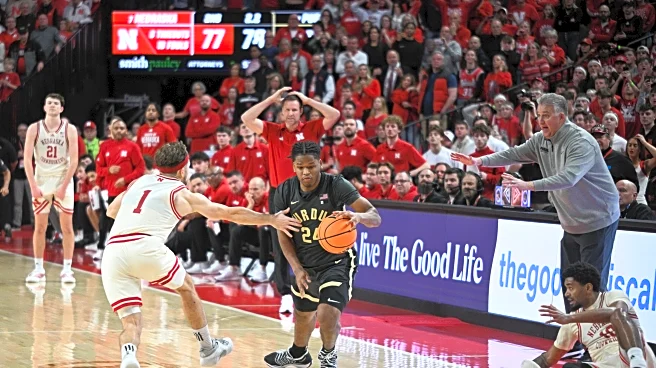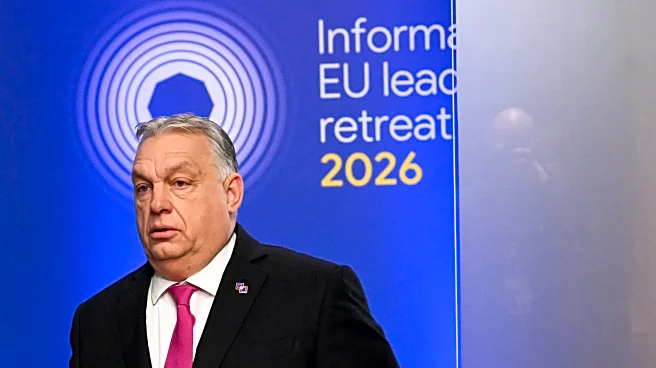Rapid Read • 8 min read
LVMH, the French luxury goods conglomerate, reported a revenue of €39.8 billion ($46.8 billion) for the first half of 2025, marking a 4% decrease from the previous year. The company's profit from recurring operations also fell by 15% to €9 billion. The Fashion & Leather Goods division, LVMH's largest, saw a 9% decline in sales, which was worse than analysts' expectations. This decline is attributed to consumer resistance to price hikes and economic uncertainties, particularly in the U.S. and Asia. Despite these challenges, the Selective Retailing and Perfumes & Cosmetics divisions showed stable performance. The U.S. and Europe maintained strong local demand, while Japan experienced a decline after a strong performance in 2024.
AD
The reported decline in LVMH's revenue highlights a potential shift in the luxury market, with signs of 'luxury fatigue' among consumers. This trend could impact the broader luxury sector, as consumers increasingly favor niche brands over established luxury giants. The decline in sales, particularly in the Fashion & Leather Goods division, suggests a possible correction phase in the luxury market, with middle-income consumers pulling back due to inflation and economic anxiety. This shift could lead to changes in how luxury brands position themselves and their pricing strategies, potentially affecting their long-term growth and market share.
LVMH and other luxury brands may need to reassess their strategies to address the changing consumer preferences and economic conditions. This could involve balancing high-end offerings with more accessible products to attract new customers without diluting brand value. Additionally, LVMH faces reputational challenges, such as allegations of exploitative working conditions and cultural insensitivity, which may require increased oversight and strategic adjustments to maintain consumer trust and brand equity.
The luxury market's shift towards 'quiet luxury' and investment-grade items reflects a broader cultural change among affluent consumers, particularly younger buyers. This trend emphasizes authenticity and craftsmanship over conspicuous consumption, potentially leading to a reevaluation of luxury brand strategies. The industry's response to these changes could influence its future direction and sustainability.
AD
More Stories You Might Enjoy













